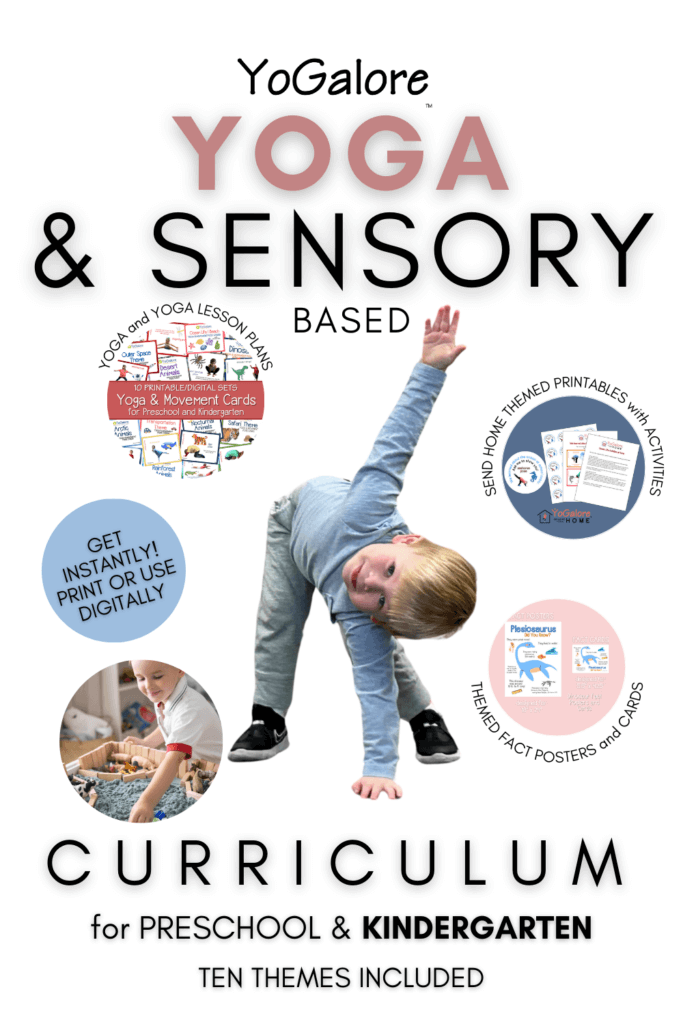Sensory play benefits for children are truly immeasurable. I am a huge fan of sensory play*. When I say that, I don’t mean, “I am a huge fan of sensory play for little children.” I mean, “I am a huge fan of sensory play for MYSELF!” Yes, I do enjoy sensory play more than the average teacher. I am what OTs call a “sensory seeker”. I know firsthand of what I get from sensory play and I’m an adult. Children get so many benefits from sensory play. Even as babies, it’s how they learn about the world around them.

Let’s Back Up Though — What is Sensory Play?
Sensory play is any activity that stimulates our senses. Think about that for a second. That includes A LOT of things we do in everyday life. For children, they get a lot of their sensory stimulation through play. Bath time, playing with playdough, playing outside (which can include a multitude of activities like swinging, playing in the sand or water table, as well as climbing, running and jumping), “helping” you cook, etc.
While children get a lot of sensory stimulation from things they normally do, there are activities which are designed specifically for sensory play — sensory bins, sensory tables, water tables, light tables and sensory trays, sensory bags and sensory bottles, just to name a few. Sometimes it’s as easy as mixing some cornstarch, a little water and food coloring on a tray. Messy? Sure, but SO MUCH FUN!!!!

Back to Basics — the Benefits
The benefits of sensory play are numerous. Research has shown that sensory play can enhance a child’s development in several key areas. For instance, it can improve their fine motor skills by encouraging them to use their hands and feet to explore different objects and surfaces. Additionally, tactile exploration helps young children become more aware of their bodies in space as they move from one activity to another.
Sensory play helps to enhance problem-solving skills as children explore and manipulate different objects. While doing sensory play with other children, they work on concepts of sharing, taking turns, using “gentle hands”, and being kind to others.
Overall, sensory play is an important activity for young children’s development. Through stimulating their senses in a safe environment, it allows them to gain knowledge about their world and become more confident learners. With so many benefits, it is no surprise that research has found that incorporating sensory play into early childhood curriculum increases engagement and enhances learning outcomes for children of all ages. Finally, it can help to build language development and communication skills as children verbally describe their experiences with the various textures and sensations they encounter during sensory play.

*This post has affiliate links. If you click on a link and make a purchase, I receive a small commission at no extra cost to you. Thank you!






3 Responses